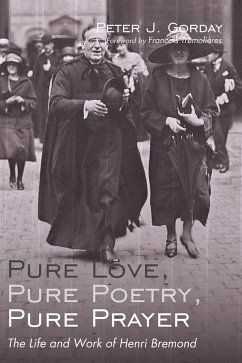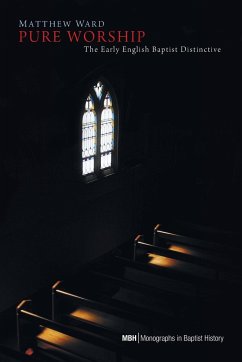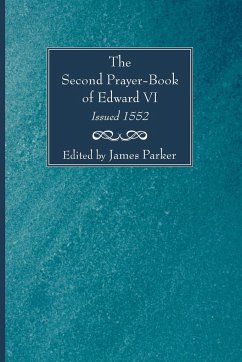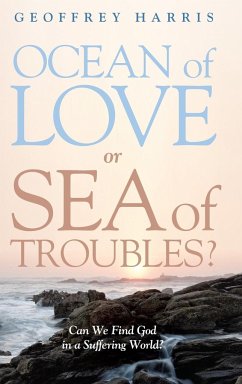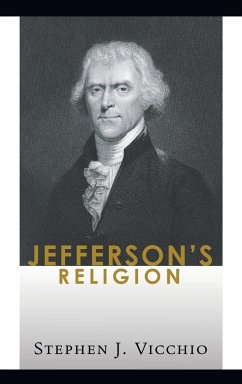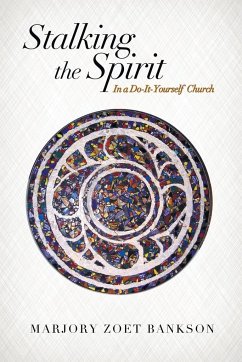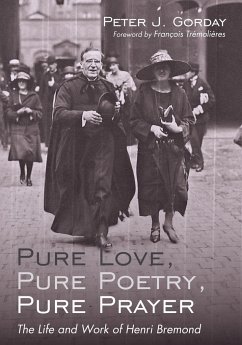
Pure Love, Pure Poetry, Pure Prayer
Versandkostenfrei!
Versandfertig in 1-2 Wochen
37,99 €
inkl. MwSt.
Weitere Ausgaben:

PAYBACK Punkte
19 °P sammeln!
By the time of his death in 1933 Henri Bremond, priest and member of the elite Academie francaise, had established himself in France, and increasingly in England and the United States, as a distinguished historian of Christian spirituality and as a Catholic modernist who helped to shake the church out of its dogmatic slumbers by embracing "pure love," artistic-poetic expression, and mystical prayer as the privileged manifestations of spiritual truth. Drawing on substantial new scholarship in France, that has resuscitated and reinterpreted Bremond's work for our own times, and that sees Bremond...
By the time of his death in 1933 Henri Bremond, priest and member of the elite Academie francaise, had established himself in France, and increasingly in England and the United States, as a distinguished historian of Christian spirituality and as a Catholic modernist who helped to shake the church out of its dogmatic slumbers by embracing "pure love," artistic-poetic expression, and mystical prayer as the privileged manifestations of spiritual truth. Drawing on substantial new scholarship in France, that has resuscitated and reinterpreted Bremond's work for our own times, and that sees Bremond as an important precursor of current trends in literary interpretation as well as spirituality, Gorday surveys the entirety of Bremond's corpus of writing, setting his work in its context of his personal struggles, as well as the wider setting of French historical and cultural development.




